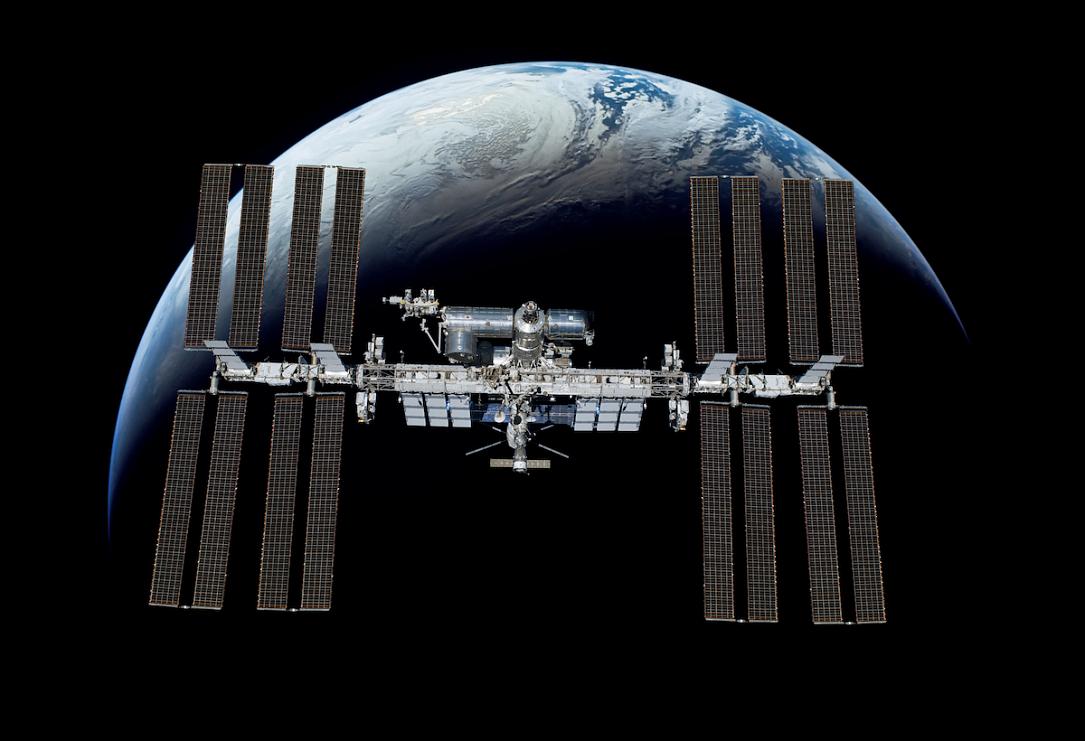Computer program developed by Romanian students to run on the International Space Station



Three students from RobotX, a high school robotics team from the city of Hunedoara, Romania, developed a computer program that will run on the International Space Station (ISS) this spring to assess the vegetation's health on planet Earth. Their program was chosen in a contest organized by the European Space Agency (ESA), according to Biziday.ro.
According to Hunedoara City Hall, the program was designed and created by Alexandru Budiul (a 10th grader at the Traian Lalescu Theoretical High School), Maria Alexa (9th grade student at Traian Lalescu Theoretical High School), and Luca Rădos (10th grade student at Iancu de Hunedoara National College).
The RobotX team shared the message received from the European Space Agency on its Facebook page, announcing that the Romanian stundents' experiment for the Mission Space Lab contest has been granted flight status and will run on the International Space Station during April-May this year.
"We will download and send your data back to you by the end of May. You can then start to write your final report, which is the last phase in the Mission Space Lab Challenge," reads the message from ESA.
Professor Mircea Nistor, the team coordinator, explained that the contest has several phases. The experiment ideas are sent in phase 1, and then successful teams receive specialized kits.
"We received this kit last year, in December, mainly consisting of a micro-controller, an artificial intelligence module and a camera. The three young people created the necessary software, which will run on a similar kit located on the International Space Station. The experiment will last about three hours, that is, the time the Station needs to circle the Earth twice," professor Nistor said.
"It's an amazing feeling for them to know that their software will run on the International Space Station! And it's the same for me. During the three hours, approximately 1,000 images will be taken to help us evaluate the health of the planet's vegetation and its evolution," he added.
irina.marica@romania-insider.com
(Photo source: Andreyi Armiagov | Dreamstime.com)